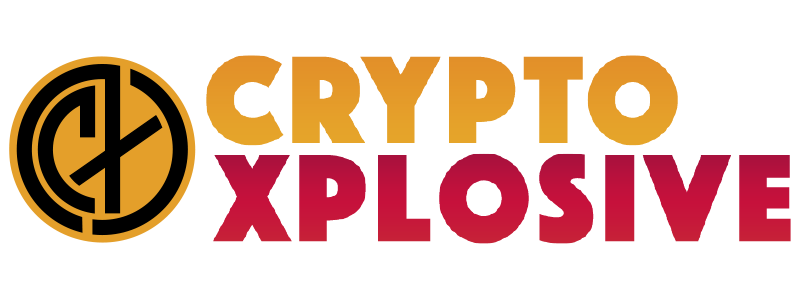Celestia Foundation raises $100M in latest round, bringing total to $155M

Key Takeaways
- Celestia Foundation’s recent $100M funding round was led by Bain Capital Crypto.
- Celestia plans to scale block throughput to 1 gigabyte, aiming to exceed Visa’s capacity.
Share this article
The Celestia Foundation has announced a successful $100 million fundraising round, led by Bain Capital Crypto, with participation from Syncracy Capital, 1kx, Robot Ventures, Placeholder, and others. This latest round brings the total funding raised by the Celestia project to an impressive $155 million.
Announcing $100M in new fundraising, bringing the total raised to $155M.
With Celestia underneath ✨, developers can deploy high-throughput, unstoppable applications with full-stack customizability.https://t.co/gOdTLqV353
— Celestia (@CelestiaOrg) September 23, 2024
Celestia’s modular blockchain technology has garnered attention since the launch of its Mainnet Beta in October 2023. Celestia has redefined how traditional blockchains operate by moving away from the monolithic Layer 1 structure, allowing developers to build high-throughput applications on any virtual machine or rollup framework.
Celestia’s recent $100M raise comes as the platform aims to further push the boundaries of blockchain scalability. The core developer community has outlined a technical roadmap designed to scale throughput to 1 gigabyte blocks. This ambitious goal would enable Celestia’s rollup ecosystem to achieve data throughput levels far beyond the limits of traditional blockchains.
To put this into perspective, the throughput of legacy systems like Visa, which processes around 24,000 transactions per second (TPS), is often seen as a benchmark. Celestia, however, is tracking towards delivering the capacity of multiple Visa networks running in parallel.
“When Celestia launched last year as the first modular data availability layer, it scaled blockspace from the dial-up era to the broadband era,” said Mustafa Al-Bassam, co-founder of Celestia. “Now, the core developers have introduced the technical roadmap to scale blockspace to the fiber optic era—while keeping it verifiable and low latency.”
Share this article




Comments are closed, but trackbacks and pingbacks are open.